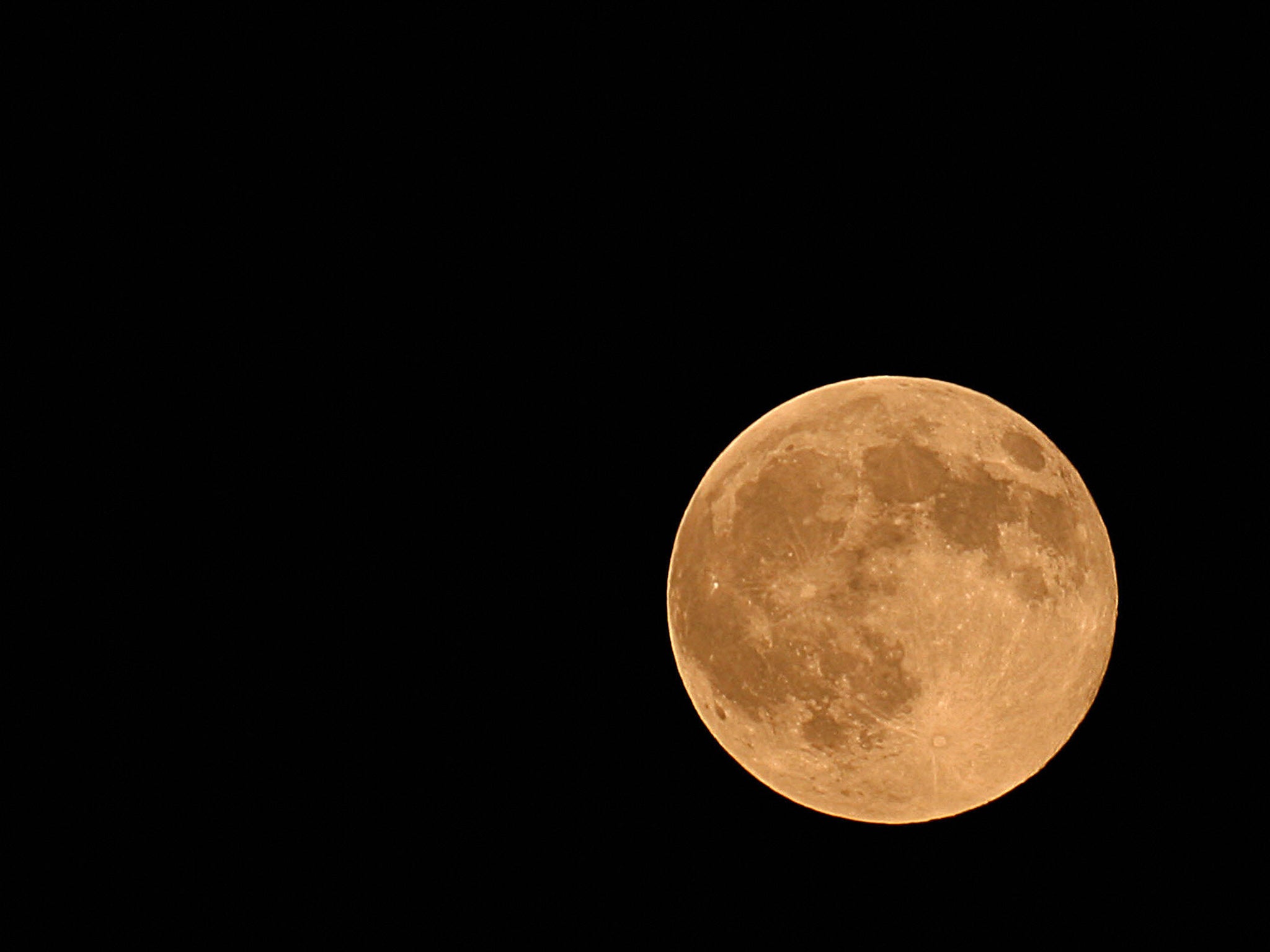Harvest Moon 2017: When is it and why is it so late?
This is the first full moon since the Autumn Equinox

Stargazers across the UK will get the chance to see the harvest moon this week – as the celestial event is unusually late in the year.
The harvest moon is traditionally seen as the first full moon after the Autumnal Equinox, which was on 22 September, meaning it falls on 5 October this year in the Northern Hemisphere — even though it is usually seen in September.
The lunar cycle follows a strict 28-day pattern as the moon orbits the Earth. This puts it out of sync with the solar cycle of between 30 and 31 days to a month, meaning lunar events occur at odd times of the year.
This is only the 18th October appearance by a harvest moon in the 80 years between 1970 and 2050, Treehugger.com reported.
The last time was in 2009 and the next will be in 2020.
As the name suggests, the harvest moon traditionally marks the start of harvest season – the period during which farmers bring in ripened crops in preparation for winter.
The full moon would light up the night’s sky, giving them more time to work in the days before combine harvesters.
It is famous for often having an orange-red glow which occurs when the moon is spotted near the horizon.
9 best images of the 2016 supermoon
Show all 9It happens because you are seeing the moon through the prism of the Earth’s atmosphere which causes light to scatter – meaning only orange is visible to the human eye.
When it reaches full hit in the night sky it will take on its normal colour.
Although it is not expected to be a supermoon this year – meaning it is closer to the Earth and as a result appears much bigger – it will be visibly in most places in the UK, especially for anyone who has a pair of binoculars or a telescope.
The event is due to start at around 6:40pm but the moon won’t be at its brightest until 7:40pm.
Subscribe to Independent Premium to bookmark this article
Want to bookmark your favourite articles and stories to read or reference later? Start your Independent Premium subscription today.

Join our commenting forum
Join thought-provoking conversations, follow other Independent readers and see their replies